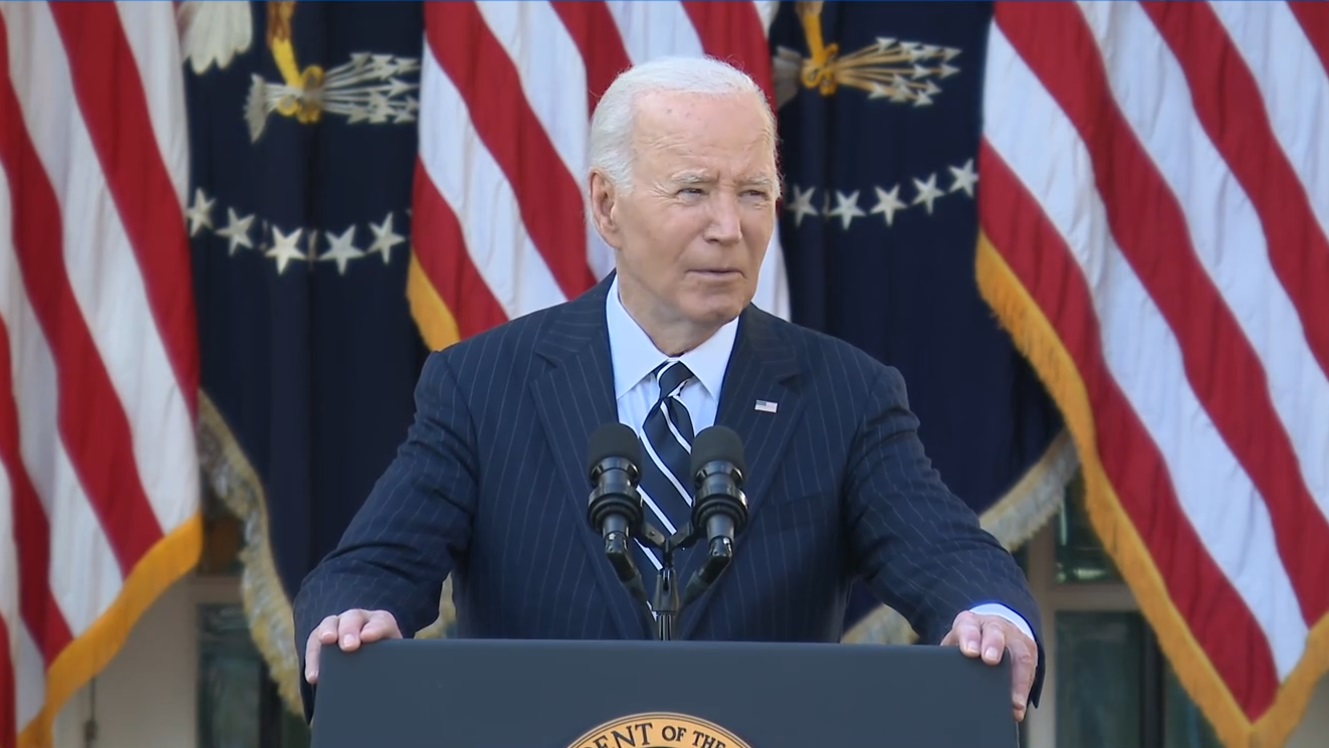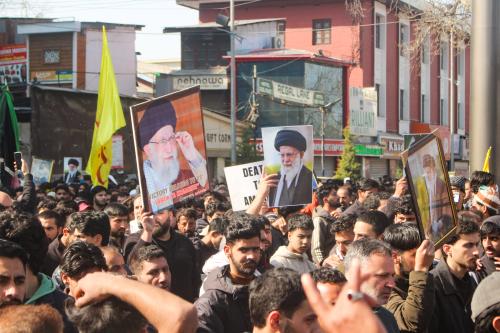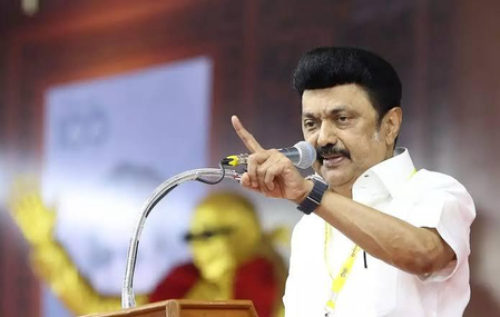By Prashant Shah
Already reeling from their November defeats, Democrats now are grappling with President Joe Biden’s pardoning of his son for federal crimes, with some calling the move misguided and unwise after the party spent years slamming Donald Trump as a threat to democracy who disregarded the law.
The sweeping pardon covers not just the gun and tax offenses against the younger Biden, but also any other “offenses against the United States which he has committed or may have committed or taken part in during the period from January 1, 2014, through December 1, 2024.”
Hunter Biden faced sentencing for the false statements and gun convictions on Nov. 27. In September he pled guilty to federal charges of failing to pay US$1.4 million in taxes while spending lavishly on drugs, sex workers, and luxury items. He faced sentencing in that case on Dec. 16. If common man faces these kinds of charges, he must be ended-up in jail for at least 30 years.
In June, President Biden firmly ruled out a pardon or commutation for his son, telling reporters as his son faced trial in the Delaware gun case: “I abide by the jury decision. I will do that and I will not pardon him.”
But the 82-year-old president and a father of Hunter Biden before leaving White House, said in a statement that his son’s prosecution on charges of tax evasion and falsifying a federal weapons purchase form were politically motivated.
That explanation did not satisfy some Democrats, angry that Biden’s reversal could make it harder to take on Trump, who has argued that multiple indictments and one conviction against him were a matter of Biden and Democrats turning the justice system against him.
Colorado Gov. Jared Polis wrote of Biden on the social media platform X: “Hunter brought the legal trouble he faced on himself, and one can sympathize with his struggles while also acknowledging that no one is above the law, not a President and not a President’s son”.
Rep. Greg Stanton, D-Ariz., said on X: “This wasn’t a politically motivated prosecution. Hunter committed felonies and was convicted by a jury of his peers.”
Colorado Sen. Michael Bennet said Biden “put personal interest ahead of duty” with a decision that “further erodes Americans’ faith that the justice system is fair and equal for all.” Michigan Sen. Gary Peters said the pardon was “an improper use of power” that erodes faith in government and “emboldens others to bend justice to suit their interests.”
Biden's decision to pardon his son Hunter Biden, has stirred a significant amount of political and public debate. The move, which has been seen by many as controversial, raises questions about the use of executive power, the nature of justice in high-profile cases, and the implications of family ties within political power structures. While the pardon granted by his father could be seen as a political maneuver, it is important to examine it within a broader context, considering not only the specific legalities surrounding Hunter Biden's case but also the wider implications for the integrity of justice, the role of the executive branch, and the influence of familial relationships in American politics.
Critics of the pardon raise concerns about the integrity of the justice system and the potential for corruption when powerful figures use their authority to protect family members or political allies. Some argue that pardoning Hunter Biden sends a troubling message about accountability, particularly when it comes to those who are directly connected to the highest levels of government. They worry that this sets a dangerous precedent, in which the executive branch can intervene in legal matters in ways that are perceived as unfair or politically motivated. It is not difficult to imagine how a similar move could be interpreted negatively if made by a Republican president pardoning a family member or ally embroiled in legal controversy.
These concerns become more pronounced when considering the political dimensions of Hunter Biden’s legal troubles. Hunter’s business dealings in foreign countries have been under investigation for years, and many critics contend that his proximity to his father—who was vice president during much of his son’s business activity—raises questions about potential conflicts of interest. Whether or not Hunter Biden’s actions crossed ethical or legal lines is still a matter of debate, but his family’s political connections undeniably complicated the situation. The perception that Hunter used his father’s position to further his own financial interests has fueled accusations of nepotism, corruption, and abuse of power.
If President Biden’s pardon is perceived as a political move to protect his son, it could undermine the public’s trust in the fairness and transparency of the justice system. The American people expect that the rule of law applies equally to all citizens, regardless of their family ties or political connections. When those in power use their authority to intervene in legal matters in ways that benefit their family members or political allies, it raises legitimate concerns about the politicization of justice. Critics might argue that the pardon is part of a broader pattern of attempts by powerful families to shield themselves from scrutiny or legal consequences. This could create a perception of two sets of standards: one for the elites and another for ordinary citizens.
For many, the pardon is seen as an inevitable outcome of the Biden family’s power, while others view it as an example of political cronyism and favoritism. This divide reflects a larger issue within American politics, where political affiliations often shape how individuals perceive the actions of elected officials. The question arises as to whether the act of granting a pardon to a family member erodes public confidence in the impartiality of the executive office, especially when such a pardon appears to be motivated by personal and political considerations.
The role of family in politics is another aspect of the situation that warrants attention. In American political history, family ties have often played a central role in the careers of prominent figures. Presidents like John F. Kennedy and George H.W. Bush, as well as many others, have had family members involved in politics or public service. The involvement of relatives in political life is not, in itself, inherently problematic. However, when family members become entangled in legal issues, particularly those that are subject to partisan scrutiny, it can create a conflict of interest. This is especially true when the person in power is directly involved in the legal matters of a close relative. Critics argue that, while the president has the legal right to pardon, there is an ethical question about whether it is appropriate to use presidential power to protect a family member from legal consequences, particularly when those consequences may be tied to actions that are seen as unethical or corrupt.
Defending himself to American people, Biden said in his statement. “No reasonable person who looks at the facts of Hunter’s cases can reach any other conclusion than Hunter was singled out only because he is my son. … I hope Americans will understand why a father and a President would come to this decision.”
(Compiled from various sources)












